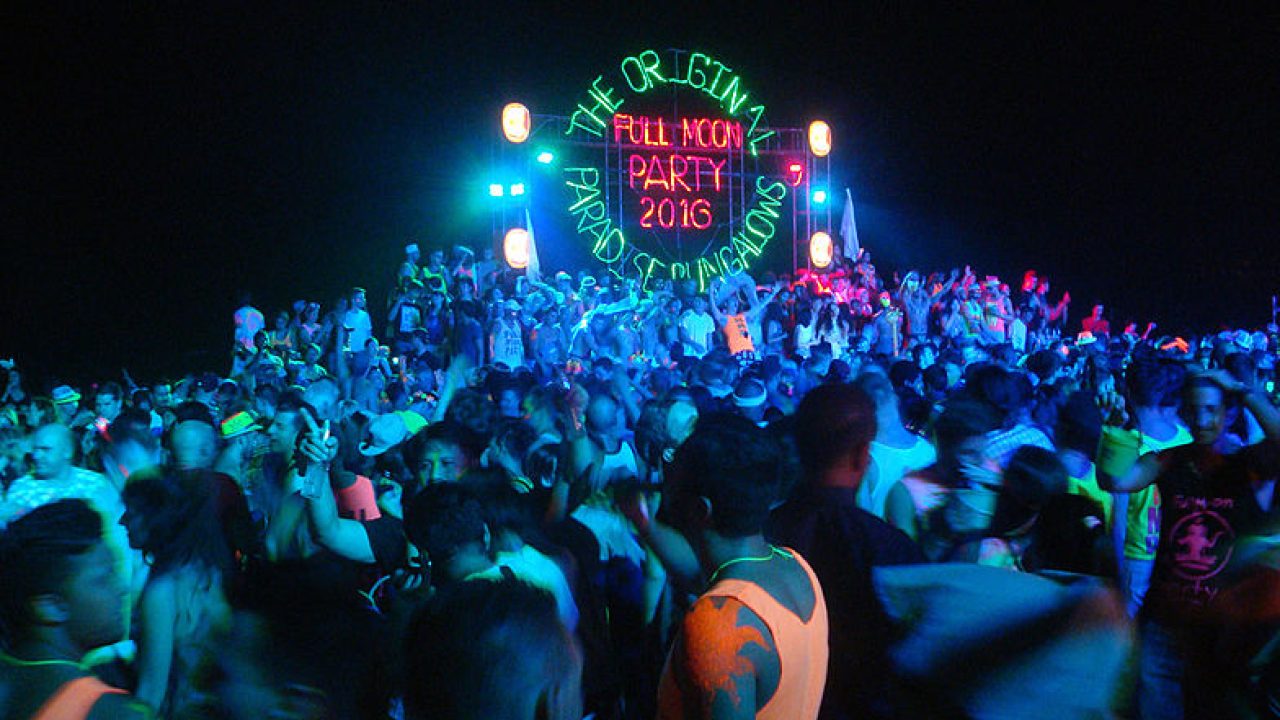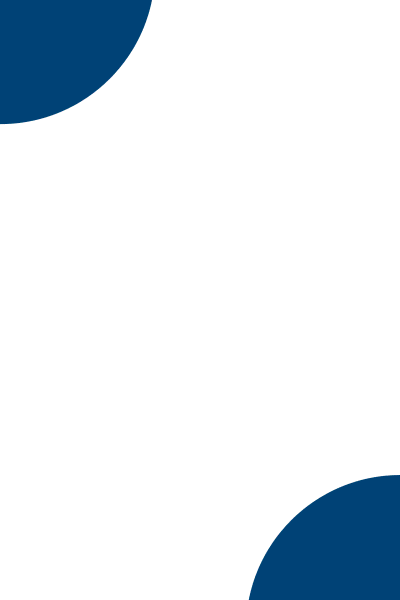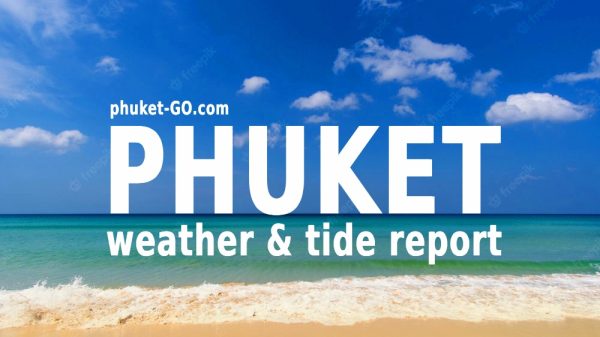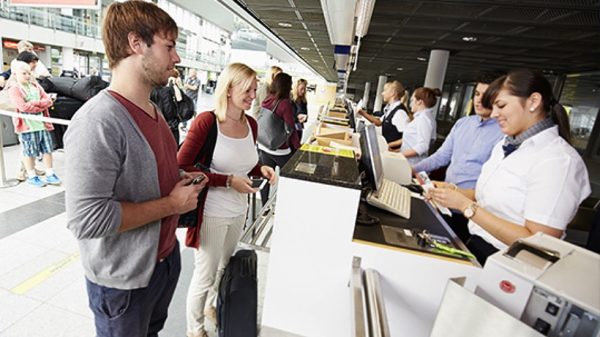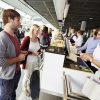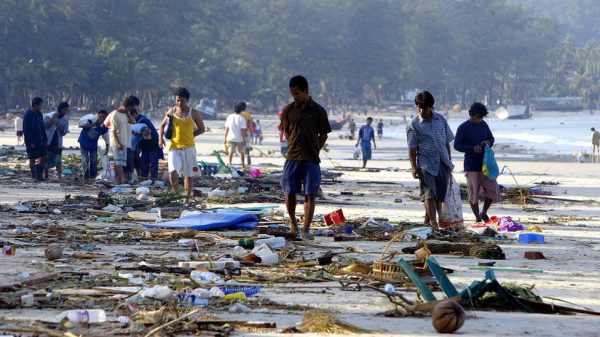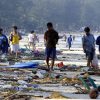Koh Pha Ngan, a small island located in Surat Thani, Thailand, is probably best known for its monthly Full Moon Party – an event that attracts thousands of tourists from all over the world. This month, the Full Moon Party was postponed from March 6 to March 7 due to the Makha Bucha Buddhist holiday, falling on the day of the full moon, during which the sale of alcohol is prohibited by Thai law.
Fortunately, this month’s Full Moon Party was free of any major incidents or problems, beyond the usual trash and detritus left strewn along the party beach. And as always, the event provided “a unique and unforgettable experience for all who attended”.
Despite the short delay, many tourists had already arrived on the island days before the religious holiday for their chance to join in the monthly beach party. On March 7, more than 15,000 Thai and foreign tourists gathered on Haas Rin to join in the beach party. In the past the party was able to attract crowds of around 20,000.
The event has a reputation for excesses of just about everything, including alcohol, party drugs and expensive buckets containing “we’re not quite sure”.
To ensure the safety of all participants, the Phangan Marine Office took responsibility for ferry transportation, ensuring that all passengers were wearing life jackets and that boats were not overloaded. Additionally, the Koh Phangan Police patrolled the beach to prevent crimes and maintain order. Despite this there were still delays of many hours for the ferry services to and from the island.
The Full Moon Party on Koh Pha Ngan has a rich history dating back to the 1980s, when a group of travelers decided to celebrate the full moon with a beach party. Over time, the event has grown in popularity and now attracts tens of thousands of visitors each month. Despite some concerns about the environmental impact and safety of the party, it remains a beloved tradition for many travellers to Thailand.
The numbers for the monthly beach rave have slowly recovered since the parties started up again in 2022 in post-Covid mode.

